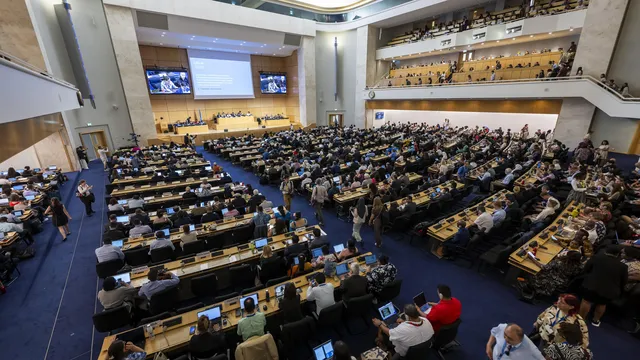The Berlin Administrative Court has ruled that rejecting asylum seekers at German borders is illegal, dealing a serious blow to the migration policy of Chancellor Friedrich Merz and Interior Minister Alexander Dobrindt, Euronews reports.
The court ruled on the case of three Somali citizens who were deported at the Polish border, emphasizing that Merz's government had violated asylum laws. The court stated that immigrants cannot be turned away without first having their asylum application examined.
The Somali citizens, two men and a woman, were turned away at a train station after seeking asylum in the eastern city of Frankfurt an der Oder after arriving from Poland on May 9.
The court issued its ruling, which is not subject to appeal, after considering the immigrants' urgent appeals.
The judges considered the rejection of the foreigners to be unlawful, ruling that at least one of the migrants had a legitimate basis for being granted asylum. They added that the general policy of the new conservative government lacked a legal basis.
Merz's government announced its new tough migration policy in May, which aims to take strict measures against illegal migrants. The new initiative promised to completely stop the asylum procedure, freeze applications, and turn away asylum seekers at the borders.
The court ruled that the initiative was not in line with EU immigration policy – the Dublin system. Under this system, Berlin is obliged to carefully examine applications and decide on each individual case.
It also requires each member state to conduct a full investigation to determine which member state is responsible for examining an asylum application once it has been lodged.
"Today's decision by the Administrative Court states that a Dublin check must be carried out. This means that the border crossing must take place and Germany must check which Member State is responsible for the asylum procedure," said Dobrindt.
"In this decision, the court ruled that the justification for our measures should have been more specific. This means that we are also complying with this requirement and providing more detailed reasons."
The border repatriation was an election promise made by the new Chancellor Merz and Interior Minister Dobrindt, although many critics claimed that it was illegal. Following the court ruling, at least one member of parliament called on Dobrindt to resign.
Dobrindt, however, insisted that the pushback would continue, adding that he believed the government had a legal framework that supported this policy.
"By the way, we are sticking to the pushback. We believe there is a legal basis for it, and we will therefore continue to act in this way, regardless of the decision in this specific case," Dobrindt commented.
The new conservative federal government tried to justify denying asylum seekers access at the borders by invoking a clause in the German Asylum Act and an article of the Treaty on the Functioning of the European Union.
Article 72 allows member states to suspend EU law in the event of a threat to public order. The Berlin court rejected the invocation of Article 72, citing insufficient evidence of a threat to the country. |BGNES

 Breaking news
Breaking news
 Europe
Europe
 Bulgaria
Bulgaria







